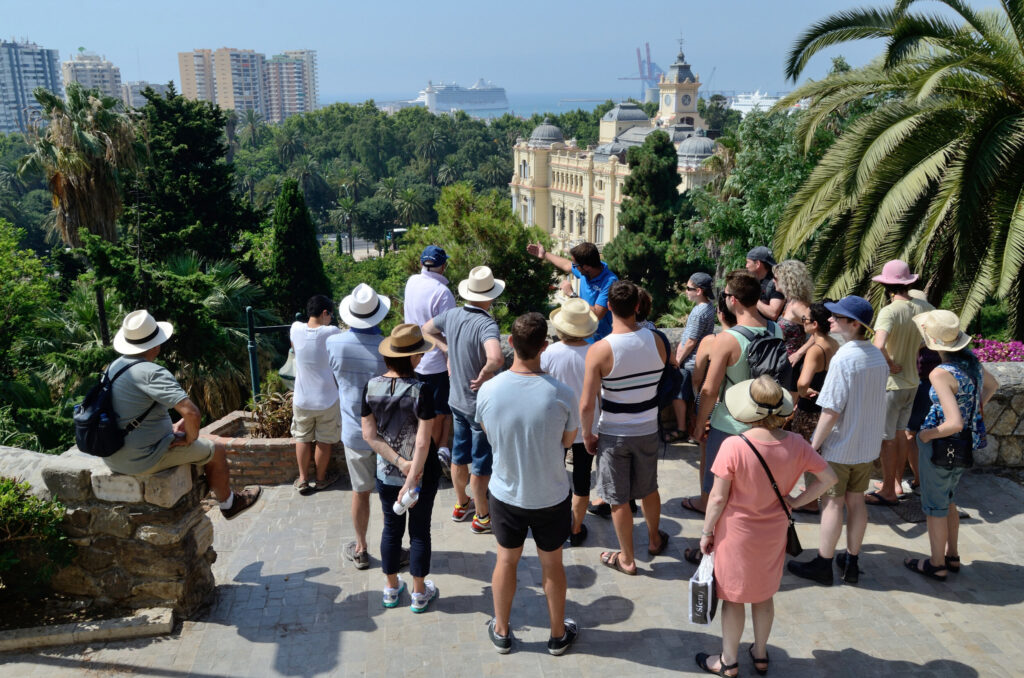New research looking at Publicly listed companies has revealed that the leisure industry is facing a major diversity disparity, with only 7% of the top spots held by women, a stark contrast to the 50-50 gender balance of the overall workforce.
The first report of the series, “The numbers behind women in leadership: Leisure”, which was carried out by private advisory firm Aptamind Partners and is supported by the World Travel & Tourism Council (WTTC),drew on publicly available data from the world’s largest hotel groups, casinos and entertainment companies, shows that the gender gap widens the higher up the career ladder you climb.
From a 50% overall balance across the leisure industry’s workforce, the percentage of women drops to 42% in mid-level management and 33% at senior management.
At C-Suite level, only one in five executives are women, plummeting to 7% at the very top.
The casino and entertainment industry outshines hotels, with three female CEOs and four female chairs, but the competition is far from stiff.
A marginal improvement in the percentage of female executives in the hotel sector has failed to translate into more women in leadership and senior roles. In fact, Alison Brittain, who was the sole female representative in the CEO group at the time of this report, left her position in January 2023, leaving major PLC hotel chains with zero women holding the top CEO and chair spots.
However, the report shows that change is possible and can be clearly seen in the percentage of women on the boards of leisure companies, which has grown from 17% in 2007 to 28% in 2022.
More recently, the number of female chairs of the boards of casino and entertainment companies has grown from 6% to 12% between 2019 and 2021 ‒ and the number of female CEOs in that group increased from 3% to 9% over the same period.
Aradhana Khowala, CEO of Aptamind Partners and author of the report, says, “While some progress has been made in the last two years, there is still a huge amount of work to be done. We need a wholesale shift in the way we think and talk about gender and leadership. And we need to go beyond well-meaning initiatives and box-ticking exercises and start taking concrete steps to redress the current imbalance.
“One of the major barriers to improving gender diversity is the lack of insightful and robust data in the public domain. We cannot wait any longer for the arc of history to bend the right way on its own. We need to benchmark where we are at so we can push forward together with concerted, collective action.”
Julia Simpson, President & CEO WTTC, added: “This issue goes beyond equity and fairness. Companies need to hold themselves accountable to guarantee progress is made over time.
“Putting women on centre stage of Travel & Tourism will ensure a better future for the sector.”
The report offers six steps the leisure industry can take to get more women into leadership positions, including better disclosure and regular reporting, independent regulation and verification, and incentivizing and holding leadership accountable for progress on gender diversity.
The report is the first of a series of four publications which analyse the female presence at high-level roles within different Travel & Tourism industries, such as leisure, aviation, cruise and OTAs, and food and beverage.








